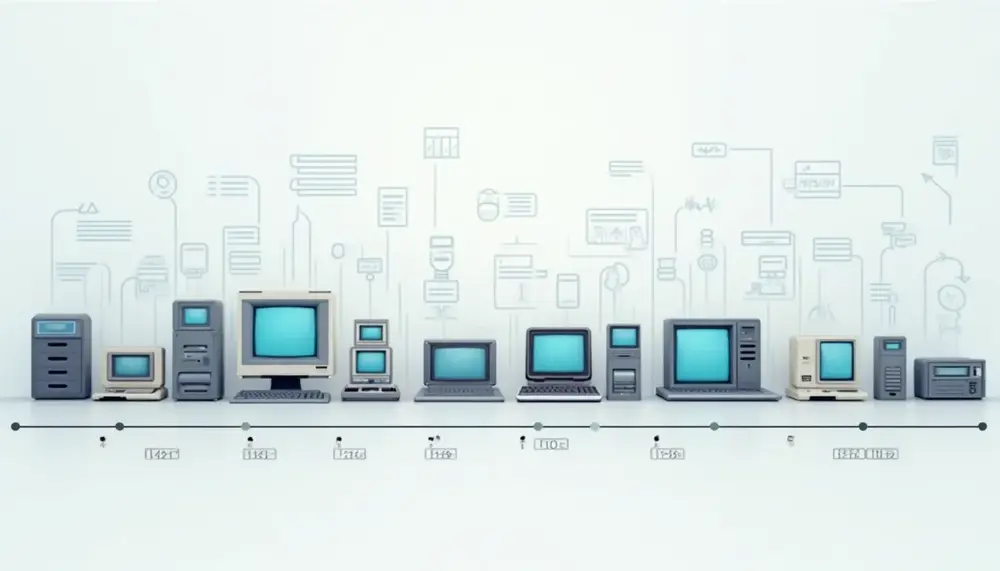Decision Support System
Decision Support System
Decision Support System
A Decision Support System (DSS) is a computer-based tool that helps people make informed decisions. It collects, processes, and presents data to support decision-making processes. In the context of Knowledge Management, a DSS plays a crucial role in managing and utilizing knowledge effectively.
How Does a Decision Support System Work?
A DSS gathers data from various sources. It then analyzes this data to generate useful insights. These insights help users make better decisions. For example, a DSS can help a manager decide on the best marketing strategy by analyzing sales data.
Components of a Decision Support System
A typical DSS has three main components:
- Data Management: This component stores and manages data from different sources.
- Model Management: This part includes mathematical and analytical models that process the data.
- User Interface: This is the part that users interact with to input data and view results.
Benefits of Using a Decision Support System
Using a DSS in Knowledge Management offers several benefits:
- Improved Decision Quality: A DSS provides accurate and timely information, leading to better decisions.
- Efficiency: It speeds up the decision-making process by providing quick access to relevant data.
- Knowledge Sharing: A DSS facilitates the sharing of knowledge across the organization.
Examples of Decision Support Systems
There are many types of DSS used in various industries. For instance, a financial DSS helps in investment decisions by analyzing market trends. A healthcare DSS assists doctors in diagnosing diseases by evaluating patient data.
Conclusion
In summary, a Decision Support System is a vital tool in Knowledge Management. It helps organizations make better decisions by providing valuable insights and facilitating knowledge sharing. Understanding how a DSS works and its benefits can greatly enhance decision-making processes in any organization.
Blog Posts with the term: Decision Support System

A Knowledge Management System (KMS) in healthcare enhances patient care and operational efficiency by organizing, storing, and sharing medical information. Despite its benefits like improved decision-making and cost savings, challenges such as data integration, user adoption, and maintaining data quality...

The article outlines the essential components of a successful knowledge management system (KMS), including knowledge capture and storage, distribution, utilization, maintenance, and evaluation. It emphasizes that an effective KMS enhances decision-making, productivity, and fosters a culture of continuous learning and...

The article discusses the importance of information management systems in healthcare, highlighting their role in improving patient care, ensuring data security, and enhancing operational efficiency. It covers key features such as interoperability and real-time data access while also addressing benefits...

A well-structured information systems hierarchy, exemplified by the pyramid model, is essential for operational efficiency and strategic agility in modern organizations....

Management Information Systems (MIS) integrate data, technology, people, and processes to enhance decision-making and organizational efficiency, evolving from manual systems to advanced cloud solutions. Their development reflects technological advancements that have transformed business strategies while presenting challenges like implementation costs...

Core MIS principles involve transforming raw data into actionable insights through analytics, system design, and governance to drive business value while ensuring compliance. Mastery requires understanding the full data lifecycle, applying appropriate methodologies, effective visualization, modular system design, thorough testing,...